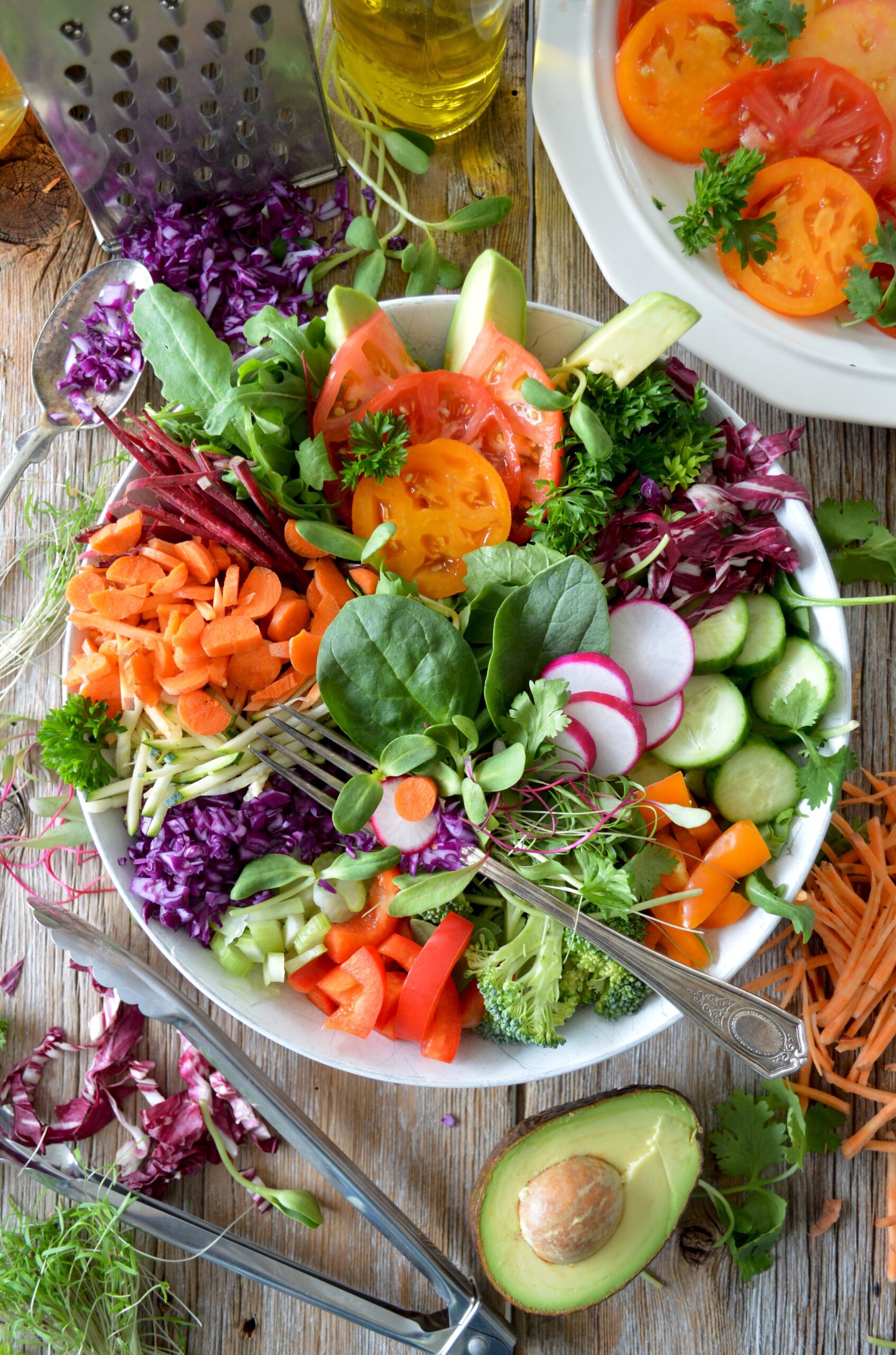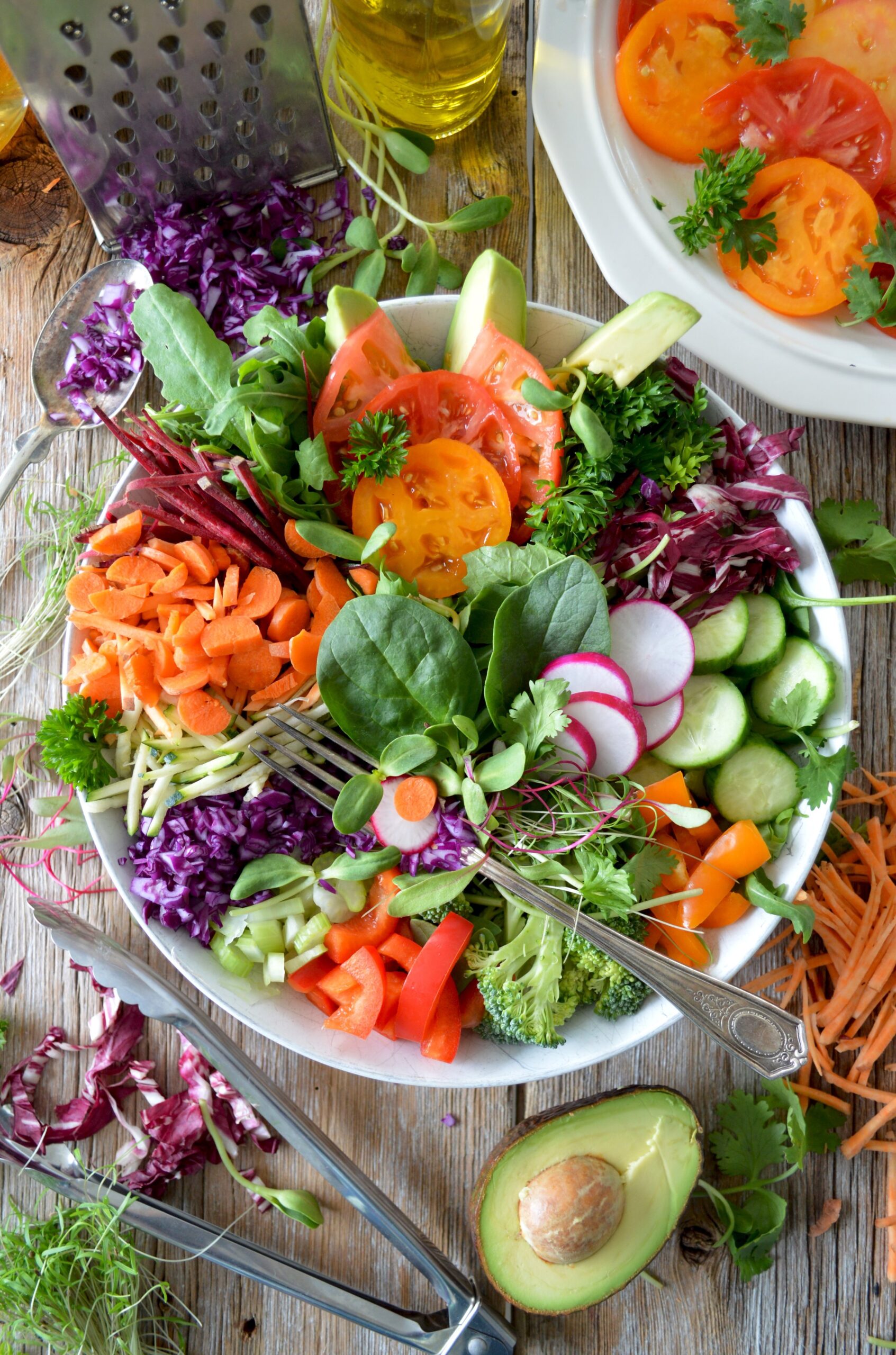If you are someone on a journey to learn more about your eating habits, in recovery from an eating disorder, or someone genuinely interested, this blog will discuss what intuitive eating is. Diet culture can be a difficult approach towards someone’s weight loss goals. It often cycles between restriction and exercise which can put someone at risk to develop disordered eating or an eating disorder. This mindset of a transaction and “bad” food items to be earned through restriction, exercise, or calorie counting can be an unhealthy mindset towards someone’s overall wellbeing. Our body is an amazing tool and vessel. Sometimes we can ignore what it is telling us it may need. Intuitive eating is an approach to shift our focus from what we know, towards a healthier relationship with food. Not one filled with anxiety, stress, guilt, sadness, and shame if we have a donut, or “ate horribly today”. Intuitive eating is an anti-diet approach where you are more mindful and connected with your body as it tells you what it needs. Through this, you learn not to judge yourself or listen to diet culture tones. Our body tells us when it is hungry, when it is thirsty, when it is starving, and what is satisfying. Sometimes in life we become disconnected from this. We prioritize being on time, attending that class or meeting over eating, or knowing we have a busy day so we don’t have time to go to the bathroom several times leading us to not drink as much as our body asks us to. Diet culture can influence and prioritize being thin or skinny to emulate beauty and health. People have different body shapes and sizes, and so, our eating habits and needs are not all alike. If we are hungry, it asks us to eat until we are satisfied and learn to respect ourselves and our bodies. Dieting can be a vicious cycle that often leads us to repeat itself when we stop the diet and return to our “usual” eating patterns. This can lead to us returning to our “unhappy” weight, reinforcing us to diet yet again. If we change our mindset to temporary solutions and more towards a longer term investment that will improve our quality of life, intuitive eating may be a helpful approach for you.
Insecurities and a negative body image can fuel our desire to be wanted, accepted, and desired. These are common reasons to seek weight loss and to fit into the ideal beauty standards of your society and culture. Controlling and manipulating your appearance and your food intake can lead to negative emotions, stress, and anxiety. A large step towards the intuitive eating approach is to let go of the influence diet culture has of you. Reflect on the times you have dieted and the weight you gained when you stopped. Reflect on your emotional state, your focus, performance, and happiness as you did so. Restriction and limiting food items and labeling foods as “good” and “bad” are an unhealthy relationship with food. Food is food. If you are hungry, feed it. If we abstain from respecting our bodies and limiting when and how we eat, this can come back with a stronger desire to eat or overeat. Allow your intentions to honor what your body is telling you within moderation, for once we are starving or “hangry”, all bets are off. If you find yourself having a battle with food for a long time, or it is a point of stress, allow yourself to eat. Those cravings you have, that dessert you only allow yourself to have on your birthday, or bread at dinner are harmful that produce guilt and shame. Let yourself eat, give yourself that permission, free from rules and perceived consequences. If we form a mindset that a certain food is bad, if we struggle with binging, the thing we haven’t allowed ourselves to eat will often be the center of our cravings. Challenge that voice that controls your approval if a food is good or not. It enforces diet culture and you can be more powerful than that. Try to be mindful that your food is satisfying to you as well, it will help build momentum to continue, in a safe space, where you can eat what you want to. Those experiences rebuild a different relationship with food, one you deserve. The emotions that come from this can be overwhelming but you can cope with it. Food isn’t a coping skill to fix your feelings and it won’t solve anything. If you are more of an emotional eater, this approach will lead you to have to face those feelings. Diet culture can be so rigid in its pursuit to be “healthy”. Intuitive eating is a long term approach, one that takes consistency, and remember, one moment of eating something “bad” will have little effect on your overall goal to be healthy. Finally, when you think about exercise, diet culture, again, can have a very strict approach. Try to remove yourself from the obligation of exercise to earn calories or earn peace of mind to have dessert. Challenge yourself to focus on the satisfaction, joy, and the sensations of movement rather than concrete goals. Does yoga help me feel calm and relaxed? Does running energize you and help ease your mind? Does strength building make you feel strong and confident? This shift can do a lot to change your motivation.
Looking for more support around the mindset piece of eating and dieting? Click here for support.

